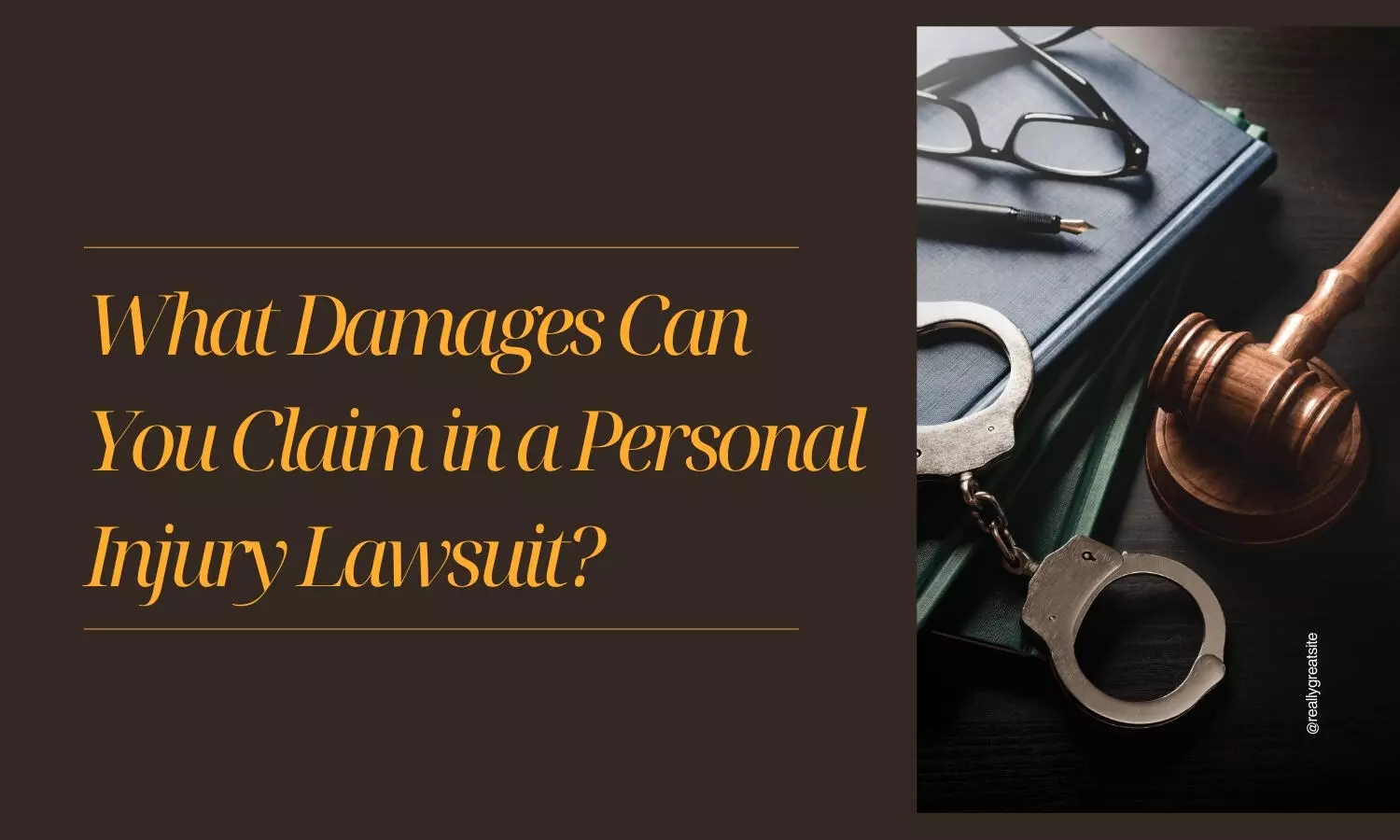
Around 39.5 million people sustain a personal injury each year severe enough to seek out medical treatment. Common examples include whiplash from car accidents, broken bones from slip and fall accidents, and injuries sustained in the workplace.
If you get hurt and someone else is to blame, you may be able to file a personal injury lawsuit and claim damages with the help of a personal injury lawyer. These legal professionals can guide you through the claim process, help gather evidence, and work to ensure you receive the rightful compensation. There are several types of damages you can potentially recover in a personal injury case.
Economic Damages
Economic damages are when you lose actual money because of your injury. Some examples of economic damages include:
- Medical expenses – This covers hospital bills, ambulance fees, prescription medications, physical therapy, rehabilitation, and any other medical treatments required due to the injury. People injured in car accidents pay, on average, around $15,000 in medical treatment.
- Lost income – If your injury prevented you from working for a period of time, you can claim lost wages. This is typically calculated based on your average earnings before the injury. The average loss in income from a car accident is $1,590 per person per year.
- Loss of future earning capacity – If your injury is permanent and impairs your ability to work to your full potential in the future, you may claim damages for future lost income.
- Property damage – If any property such as your vehicle was damaged in the incident, you can claim repairs or replacement costs.
Non-economic Damages
Non-economic damages are difficult to quantify but can still be claimed by your personal injury attorney. Common non-economic damages include:
- Pain and suffering – You can claim compensation for any physical pain, discomfort, or mental anguish resulting from the injury and recovery process. The more severe the injury, the higher the pain and suffering damages.
- Loss of enjoyment of life – If your injury has prevented you from participating in activities you once enjoyed, you can claim damages for losing that enjoyment and lifestyle.
- Loss of consortium – Your spouse may claim loss of companionship or intimacy due to your injury.
- Emotional distress – Damages related to emotional issues like depression, anxiety, PTSD, or other mental health problems stemming from the incident.
Punitive Damages
In rare cases where the defendant’s behavior was found to be extremely reckless or intentional, you may claim punitive damages on top of compensatory damages. Punitive damages are meant to punish the defendant rather than compensate the plaintiff.
A Wrongful Death Lawsuit
When a person dies in an accident, the deceased victim’s family members may file a wrongful death lawsuit against the person responsible. The purpose of these claims is to compensate loved ones for the profound losses they suffer. Damages in wrongful death cases may include loss of financial support the deceased would have provided, loss of companionship, grief and bereavement damages, and funeral and burial costs. Family members like spouses, children, or parents of the deceased have legal grounds to step forward as plaintiffs in these cases and hold the negligent party accountable for their actions.
To successfully claim these types of damages, it’s critical to have an experienced personal injury lawyer assess your case and help compile evidence supporting your claimed losses. Keep records of all medical bills, pay stubs, property damage estimates, and other documentation. The stronger your evidence, the higher your chance of recovering full compensation.